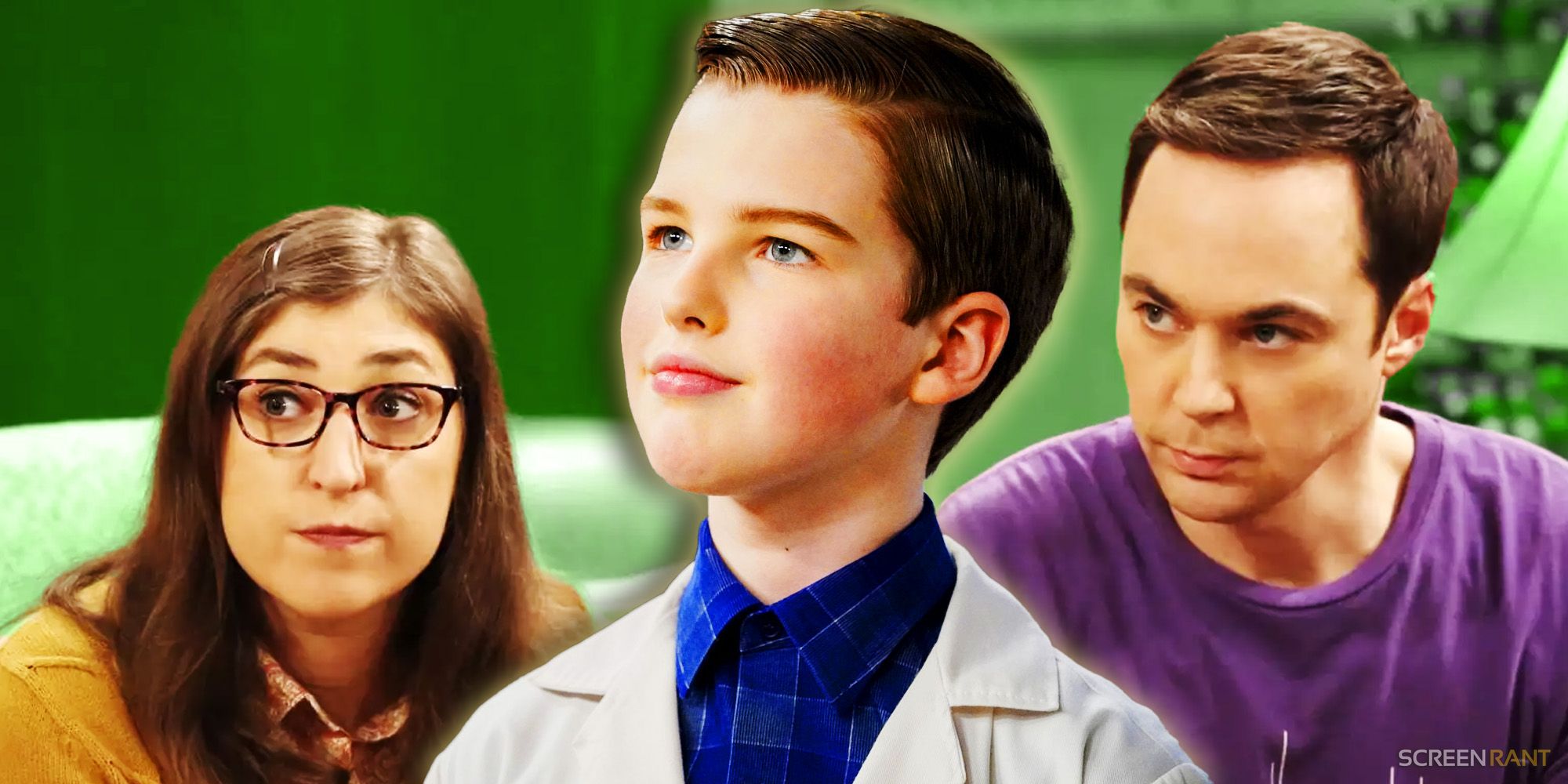
The End of Young Sheldon: Exploring the Impact of Sheldon's Move and the Future of the Show

Young Sheldon, the popular spin-off of The Big Bang Theory, is coming to an end at the conclusion of its seventh season. The decision to end the show is motivated by the established canon of The Big Bang Theory, which dictates Sheldon's move to California for his post-graduate studies at Caltech. This article explores the impact of Sheldon's move, the potential future of the show, and the significance of showcasing Sheldon's life in California.
The Motivation Behind Ending Young Sheldon
Young Sheldon, the endearing spin-off of The Big Bang Theory, is bidding farewell to its audience after an incredible run of seven seasons. The decision to conclude the show has sparked mixed reactions, primarily due to the pivotal storyline of Sheldon Cooper's upcoming move out of his family home. This narrative twist, which has been foreshadowed since the show's early days, aligns with the established canon of The Big Bang Theory, where Sheldon embarks on a new chapter of his life in California for his post-graduate studies at Caltech. The decision to end Young Sheldon at this juncture is rooted in the desire to maintain narrative continuity and honor the character's trajectory as established in the parent series. While the news of the show's conclusion may be bittersweet for fans, it underscores the significance of maintaining thematic integrity across interconnected narratives within the same universe.
Raegan Revord's Missy and Iain Armitage's Sheldon in Young Sheldon season 1
The evolution of Young Sheldon's storytelling has expanded its scope beyond being solely Sheldon's origin story. Each member of the Cooper family has undergone compelling character arcs, enriching the narrative fabric of the show. This diversification has led to calls for the spin-off to assert its own identity and narrative autonomy, separate from its status as a prequel to The Big Bang Theory. Despite these calls, the creators have opted to align the show with the existing timeline, resulting in the culmination of the series with a narrative that was previously explored in The Big Bang Theory. The decision to conclude Young Sheldon at the cusp of Sheldon's move to California reflects a commitment to narrative coherence and the overarching continuity of the franchise.
Jim Parsons as Sheldon Cooper standing in front of a white board wearing a blue suit in The Big Bang Theory season 11
The Impact of Sheldon's Move: Explaring the Fallout
The impending move of Sheldon Cooper, the prodigious boy genius, from his childhood home serves as the organic endpoint of Young Sheldon's narrative trajectory. The significance of this pivotal event is underscored by its foreshadowing in the show's inaugural season, particularly in episode 10, 'An Eagle Feather, a String, and an Eskimo.' The poignant portrayal of Sheldon's relocation to Dallas in pursuit of education at a prestigious school for the gifted resonated with viewers, highlighting the immediate impact of his absence on the Cooper family, especially his mother, Mary, and siblings, Georgie and Missy. As the show approaches its seventh season conclusion and contemplates the portrayal of George's death, the Coopers are poised to grapple with the emotional reverberations of Sheldon's departure, foreshadowing a profound shift in the family dynamics. The impending transition to California marks a poignant juncture in Sheldon's formative years, signifying the culmination of his journey in Texas and the commencement of a new chapter in Pasadena, California, as depicted in The Big Bang Theory.
The forthcoming depiction of Sheldon's move in the seventh season of Young Sheldon is poised to evoke a range of emotions, with viewers anticipating a poignant reflection on the impact of his absence on the Cooper household. As the show navigates this pivotal juncture, the portrayal of Sheldon's relocation to California holds the potential to offer a compelling exploration of familial bonds, personal growth, and the inevitability of change. The emotional resonance of this narrative arc is poised to resonate with fans and underscore the enduring impact of Young Sheldon's storytelling as it converges with the established canon of The Big Bang Theory.
The Future of Young Sheldon: Transitioning to The Big Bang Theory Canon
The conclusion of Young Sheldon's seventh season raises intriguing questions about the future trajectory of the show and its potential alignment with The Big Bang Theory's canonical timeline. Co-creator Chuck Lorre's confirmation of the plan to explore Sheldon's story in the prequel until he turns 15 signifies a pivotal juncture, marking the transition of the series towards aligning with the events depicted in The Big Bang Theory. The prospect of showcasing Sheldon's early days in Pasadena holds immense narrative significance, offering a seamless transition from Young Sheldon to The Big Bang Theory and enriching the overarching continuity of the franchise.
As Young Sheldon navigates the narrative landscape leading up to Sheldon's move to California, the portrayal of his formative years in Pasadena holds the potential to bridge the narrative gap between the two series. The exploration of this uncharted territory in Sheldon's life offers a compelling opportunity to delve into his early experiences in California and establish a cohesive narrative thread that seamlessly connects Young Sheldon with The Big Bang Theory. By shedding light on this pivotal phase in Sheldon's journey, Young Sheldon has the potential to redefine its identity as a prequel and pave the way for a seamless transition into the canonical timeline of The Big Bang Theory, enriching the viewing experience for fans and deepening the thematic interconnectivity across the franchise.















